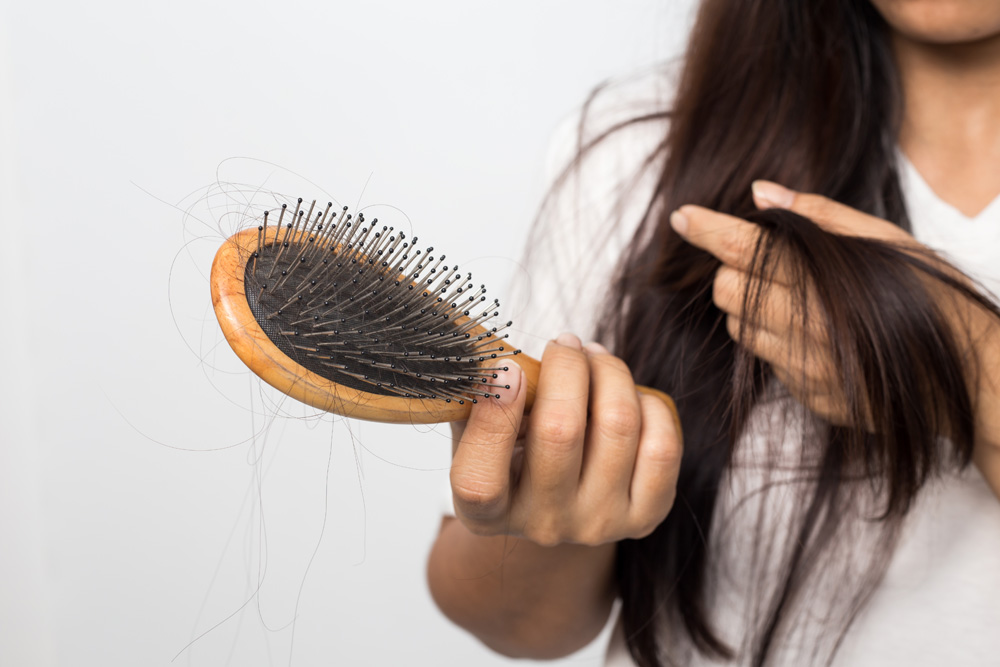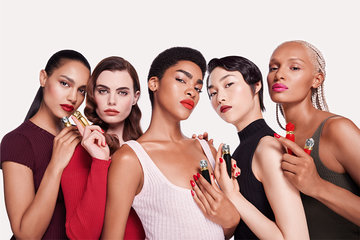
If you’re losing hair, you probably want to know what exactly is “happening under the hood”. According to the International Society of Hair Restoration Surgery, statistics reveal around 40 to 50 percent of men and women will suffer from hair loss by age 50. But along with the facts, come the myths. Let us look at some of the most common myths we’ve heard about hair loss:
Myth #1 Washing your hair too much can cause thinning.
Fact: You don’t need to wash less in order to prevent your hair from thinning. Cleansing your scalp regularly does not affect the root. When washing your hair, it is normal for a few strands to fall out, you’re only getting rid of particles that are already loose from your scalp.
Myth #2 Hair thinning only happens with age.
Fact: As sad as it may seem, you’re never too young to start losing hair. If hair loss genetically runs in your family, it can be witnessed as early as your teens. The effect of hair thinning is often seen to be long-lasting, so it’s best to treat the issue as soon as possible.
Myth #3 One of the signs for genetic baldness is seeing large amounts of hair fall out.
Fact: In contrast to popular belief, going bald is not due to massive amounts of hair falling out, but rather by hair of normal thickness gradually being replaced by finer, thinner hairs, a process called “miniaturisation.” If large patches of hair start suddenly falling out, it is time to see your doctor.
Myth #4 Hair loss is permanent.
Fact: Sometimes, shedding of hair is a temporary phase. After delivery, many women often lose hair as their hormones try to adjust to their pre-pregnancy phase. However, it will regrow within a couple of months. Another fact seen is women, as compared to men, is they often lack nutrients such as iron and zinc, which are very essential for strong hair. You can put off hair loss by consuming rich nutrient foods or even taking up supplements as well.
Myth #5 Wearing a hat makes you go bald.
Fact: People who believe wearing a hat is one of the prime causes of hair loss believe wearing one prevents the scalp from breathing, when In reality, hair follicles receive more oxygen from the blood stream, rather than from the air.
Hair loss can be an emotional and traumatic experience, however there are many different hair loss treatments available.

















